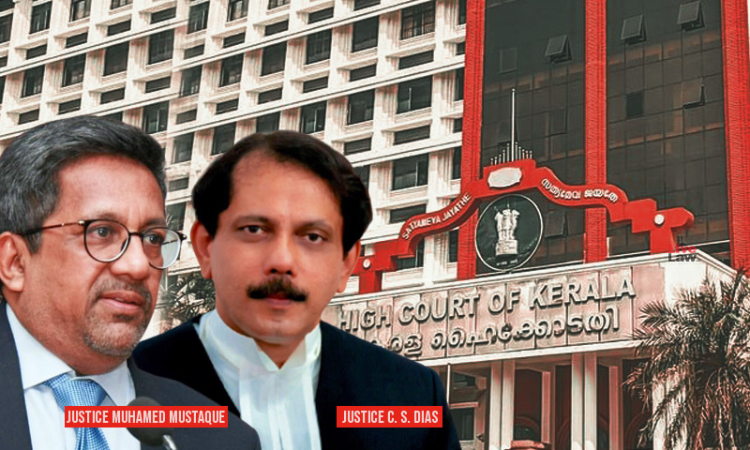Kerala High Court Issues Guidelines To Family Courts For Early Disposal Of Cases
Lydia Suzanne Thomas
23 March 2021 8:44 PM IST

"The parties who approach the Family Courts with their grievances, with a hope to get speedy justice, very soon realise that their problems burgeon, cases multiply, and their ordeal unabatedly continues due to the adversarial nature and circumstances surrounding the litigation"
Next Story


